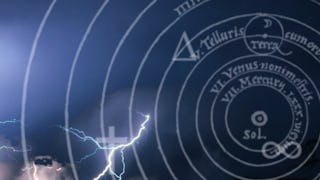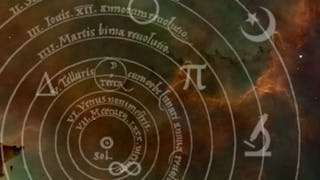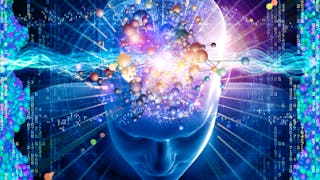Philosophy, Science and Religion mark three of the most fundamental modes of thinking about the world and our place in it. Are these modes incompatible? Put another way: is the intellectually responsible thing to do to ‘pick sides’ and identify with one of these approaches at the exclusion of others? Or, are they complementary or mutually supportive? As is typical of questions of such magnitude, the devil is in the details. For example, it is important to work out what is really distinctive about each of these ways of inquiring about the world. In order to gain some clarity here, we’ll be investigating what some of the current leading thinkers in philosophy, science and religion are actually doing.



Philosophy, Science and Religion: Science and Philosophy



Instructors: Dr J Adam Carter
Access provided by National Marine Dredging Company Group
62,464 already enrolled
(1,076 reviews)
Details to know

Add to your LinkedIn profile
See how employees at top companies are mastering in-demand skills

There are 5 modules in this course
In this module, Dr Orestis Palermos provides a short introduction and overview of the key themes that will be discussed in the ‘Science and Philosophy’ course.
What's included
1 video1 reading1 discussion prompt
In this module Professor Al Mele presents experiments that purport to show that there is no such thing as free will. He then presents three criticisms of this interpretation of the evidence.
What's included
7 videos5 readings5 assignments1 peer review1 discussion prompt
Guest lecturer: Dr Michael Murray. Are science and religion compatible with one another? Are they incompatible? What do these questions even mean, and how do we go about answering them? Philosophical tools are helpful to make progress with these very important questions. In this module, Dr Michael Murray offers a philosophical analysis of the complex and easily misunderstood issue of the relationship between science and religion.
What's included
7 videos2 readings3 assignments1 peer review
Guest lecturer: Professor Martin Kusch. This module will focus on a central challenge for scientific knowledge: Are there any scientific claims that are absolutely true, or are they all true relative to the system of thought that generated them? If we accept the latter, does this also hold true of any claims we might make, including within the domains of philosophy and religion?
What's included
5 videos3 readings3 assignments1 peer review1 discussion prompt
This module starts with Dr. Mark Harris presenting the history of creationist views and what is claimed about evolution by different creationist approaches. Professor David de Pomerai then goes on to explain what evolutionary biology is.
What's included
14 videos5 readings11 assignments1 peer review2 discussion prompts
Instructors


Offered by
Why people choose Coursera for their career




Learner reviews
1,076 reviews
- 5 stars
67.75%
- 4 stars
23.32%
- 3 stars
4.92%
- 2 stars
1.39%
- 1 star
2.60%
Showing 3 of 1076
Reviewed on Aug 11, 2019
I expected that his course would deal with current role of religion and philosophy in this scientific world. Well, the course was strayed from my expectation but still was very erudite one
Reviewed on Feb 22, 2022
The content of this course was of much interest to me, and it was presented in a manner that maintained my interest. I found the format of the course to be extrememly helpful.
Reviewed on Jun 20, 2017
Precise and to the point! In the time and space we dwell in, this course is of utmost importance and the respected professors are of undeniable excellence.
Explore more from Arts and Humanities

The University of Edinburgh

The University of Edinburgh

University of Alberta

The University of Edinburgh
¹ Some assignments in this course are AI-graded. For these assignments, your data will be used in accordance with Coursera's Privacy Notice.


